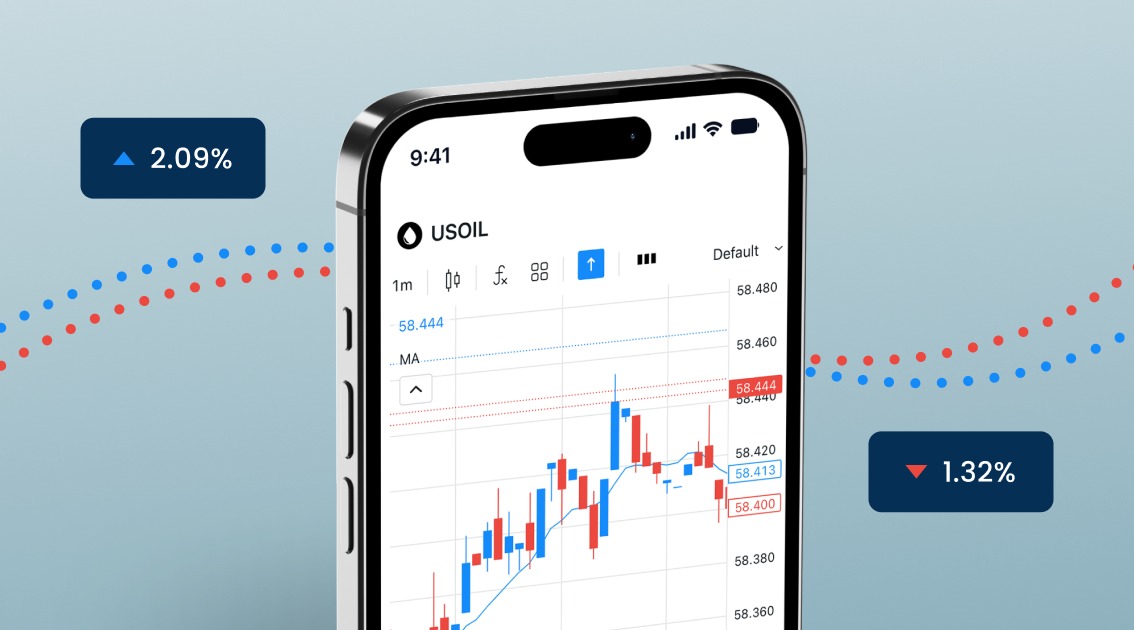Artificial intelligence (AI) has made significant advancements in recent years, altering the way we work, interact, and even make payments. Payment security is one area where AI has the potential to have a substantial effect. As the number of online transactions grows, protecting the security and integrity of payment procedures becomes increasingly important.
AI has the potential to transform payment security by providing comprehensive defenses against fraud and illegal activity thanks to its superior algorithms and predictive capabilities. In this article, we will look at how AI is transforming payment security and analyze the benefits it provides.
Fraud detection
Fraud detection is one of the most important applications of AI in payment security. To identify suspicious transactions, traditional fraud detection systems often rely on established rules and patterns. However, these technologies frequently fail to keep up with the developing strategies used by fraudsters.
AI, on the other hand, can evaluate massive volumes of data in real time, discovering anomalies and detecting probable fraud with high accuracy. AI systems can continuously learn from new data, react to evolving threats, and improve their fraud detection capabilities over time by employing machine learning algorithms.
AI-powered fraud detection systems are capable of detecting subtle patterns and abnormalities that human analysts may overlook. To detect suspicious activity, these systems may examine many data points at the same time, such as transaction history, user behavior, location data, and even social media activity. AI can create more accurate risk scores and enable payment service providers to take quick action to reduce potential fraud by combining and analyzing this large array of data.
Biometric authentication
Biometric authentication is another key method in which AI is transforming payment security. Payment security has traditionally depended mainly on passwords and PINs, which are easily stolen or hacked.
Biometric authentication systems such as fingerprint scanning, facial recognition, and voice recognition are more secure and user-friendly. AI algorithms can swiftly and accurately assess and validate biometric data, guaranteeing that only authorized users may access and initiate payment transactions.
Behavioral biometrics
By adding behavioral biometrics, AI can improve the accuracy of biometric authentication. Each person's behavior is distinct, such as the way they type, swipe, or handle their device. AI may utilize these behavioral patterns to construct individual user profiles, which adds an additional degree of protection to biometric authentication.
This method makes it extremely difficult for fraudsters to effectively replicate user behavior, lowering the danger of illegal access to payment accounts.
Transaction monitoring
AI is also important in transaction monitoring and anomaly identification. Traditional systems frequently rely on predetermined rules, which can be unduly restrictive and result in false positives, causing real users to be inconvenienced. AI systems backed by machine learning algorithms may examine and recognize patterns of normal behavior for each user autonomously.
This dynamic technique enables AI systems to adapt to changing conditions and detect anomalous transactions without disrupting authorized users. AI-powered transaction monitoring solutions enable payment service providers to provide a more seamless user experience while retaining solid security measures by reducing false positives.
Natural language processing
In addition, with the use of natural language processing (NLP) and sentiment analysis, AI can improve payment security. Many money transactions are now handled using conversational interfaces, thanks to the rise of chatbots and virtual assistants. NLP algorithms backed by AI can evaluate and comprehend user queries and responses, providing secure and accurate transaction processing.
By assessing the tone and context of discussions, sentiment analysis can help uncover potential instances of coercion or fraud. Companies may improve both security and consumer experience by incorporating these AI capabilities into payment systems.
The Trade-Off: AI Enhances Payment Security but Raises Privacy Concerns
In an increasingly digitized world, payment security has become a paramount concern for individuals and businesses alike. As technology advances, artificial intelligence has emerged as a powerful tool in combating fraud and ensuring secure financial transactions. Through innovative techniques like behavioral biometrics and transaction monitoring, AI has significantly enhanced payment security. However, this enhanced security often comes at the cost of increased exposure and disclosure of personal information, leading to concerns about privacy.
AI Bolsters Payment Security
AI has revolutionized the realm of payment security by offering sophisticated solutions that can detect and prevent fraudulent activities more effectively than traditional methods. Two key areas where AI plays a vital role are behavioral biometrics and transaction monitoring.
Enhanced Security, Diminished Privacy
While AI-driven advancements greatly enhance payment security, there is a trade-off when it comes to personal privacy. The nature of AI-powered payment security solutions requires collecting and analyzing vast amounts of personal data, including behavioral patterns, biometric information, transaction history, and even location data. This comprehensive data collection raises concerns about the potential misuse, mishandling, or unauthorized access to sensitive personal information.
- Data Breaches and Hacks: Centralized databases storing personal information become attractive targets for hackers seeking to exploit vulnerabilities. The risk of data breaches and unauthorized access to personal data is heightened as AI systems amass large amounts of sensitive information. Even with stringent security measures in place, the potential for breaches cannot be entirely eliminated, leaving individuals vulnerable to identity theft and fraud.
- Profiling and Surveillance: AI algorithms capable of analyzing vast amounts of personal data can create detailed user profiles. This profiling may lead to targeted advertising, personalized offers, or tailored services, but it also raises concerns about the invasion of privacy. Users may feel uncomfortable knowing that their every action is being monitored and used to manipulate their behavior.
- Ethical Considerations: AI systems, being trained on historical data, may inadvertently perpetuate biases and discrimination. This raises ethical questions regarding fairness and equity in financial transactions. Moreover, the lack of transparency in AI decision-making processes makes it difficult for individuals to understand or challenge the outcomes, compromising the principles of accountability and justice.
Finding a Balance
As the utilization of AI in payment security continues to expand, finding a balance between enhanced security and preserving privacy becomes crucial.
Developers should prioritize the integration of privacy-enhancing technologies, such as data encryption, secure multiparty computation, and federated learning. These technologies enable data protection while still allowing AI models to be trained on decentralized and privacy-preserving data sources.
Moreover, organizations implementing AI for payment security must adopt transparent governance frameworks. This includes clearly communicating data collection practices, usage policies, and providing individuals with control over their personal information. User consent mechanisms and opt-out options should be readily available, empowering individuals to make informed decisions about their data.
Lastly, governments and regulatory bodies should work towards developing comprehensive legal frameworks that address the challenges posed by AI-driven payment security. These frameworks should strike a balance between protecting individuals' privacy rights and allowing organizations to leverage AI technology for enhanced security. It is crucial to establish guidelines for responsible AI use, data handling practices, and consequences for misuse or data breaches.
Conclusion
Finally, incorporating AI into payment security systems has enormous promise for transforming the way we protect transactions and user data. AI allows more accurate fraud detection, improves biometric authentication, improves transaction monitoring, and delivers secure conversational interfaces by employing advanced algorithms and machine learning.
As the number and complexity of online transactions grow, AI-powered payment security systems will become increasingly important in protecting sensitive information and maintaining trust between businesses and their customers. Adopting artificial intelligence (AI) in payment security is not only a critical step in combating fraud, but also a way to build a secure and smooth payment experience in our quickly expanding digital ecosystem.

















